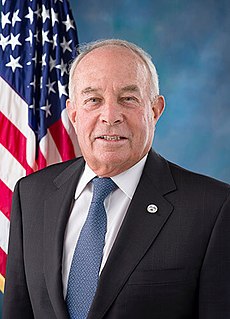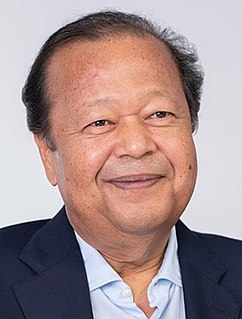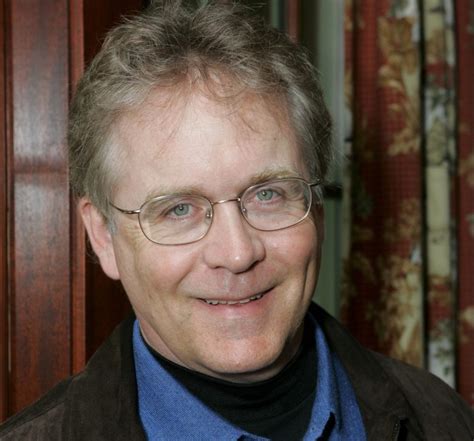A Quote by Bernhard Schlink
I did not know that children think the hard questions they ask are easy and thus expect easy answers to them, and that they are disappointed when they get cautious, complex answers.
Related Quotes
I feel like people expect me to give them easy answers, but there aren't really easy answers. There are only harder questions. And unless we get to the harder questions part, about what this conversation is really about...of course I want an immigration bill to pass. I want people to have a driver's license and work permits and green cards and passports. But this conversation transcends this bill. We're not going to have a perfect bill. This is politics. I feel like my job is instead of giving people easy answers, my job is to actually to ask people to probe deeper.






































